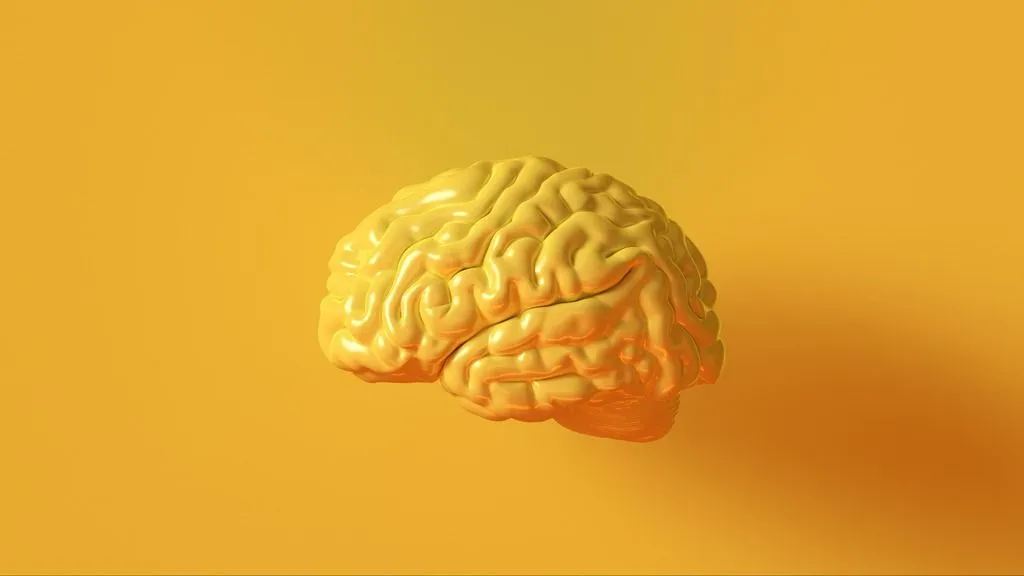Measuring creativity at the GrunbergLab
In the GrunbergLab in Amsterdam, I read Arnon Grunberg’s upcoming release. Two researchers hooked me up: sensors on my left hand, rib, chest, and of course the famous head cap to measure my brain activity.
Posted by
Published on
Wed 11 Feb. 2015
Topics
| EEG | Emotion Recognition | Emotions | FaceReader | Facial Expression Analysis | Facial Expression Recognition Software | Physiology |

Do you know what creativity is? Can you measure it? Recently we attended a lecture on creativity by Dr. Ysbrand van der Werf. For him, creativity is about the creator and the person experiencing the things created.
The creator
In the autumn of 2013, a team of scientists measured the emotions, brain activity and subjective feelings of a writer (Arnon Grunberg) as he created a new book (‘Het bestand’: an ambiguous title that can refer to a computer file or a cease-fire).
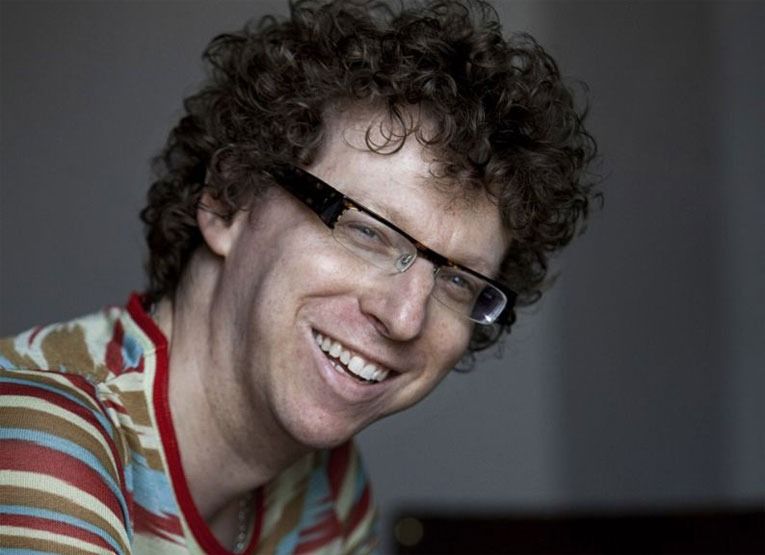
Arnon Grunberg is a notable Dutch writer of novels, essays, columns, poems, and plays. He has been awarded a great number of literary prizes and his books have been translated into 26 languages. In order to gather data in a natural environment, the team of researchers and technicians turned his study in New York City into a living lab.
The person experiencing the things created
The team of researchers not only measured the creator, but also those experiencing the creativity. Therefore, I went to the GrunbergLab in Amsterdam to have my brain measured, face read, and heart rate checked!
What a day! I got to participate in an innovative brain research project! It was very interesting to see this GrunbergLab. This lab is constructed by the Netherlands Institute for Neuroscience, TNO – a Dutch technical research institute, Noldus Information Technology, and partners.
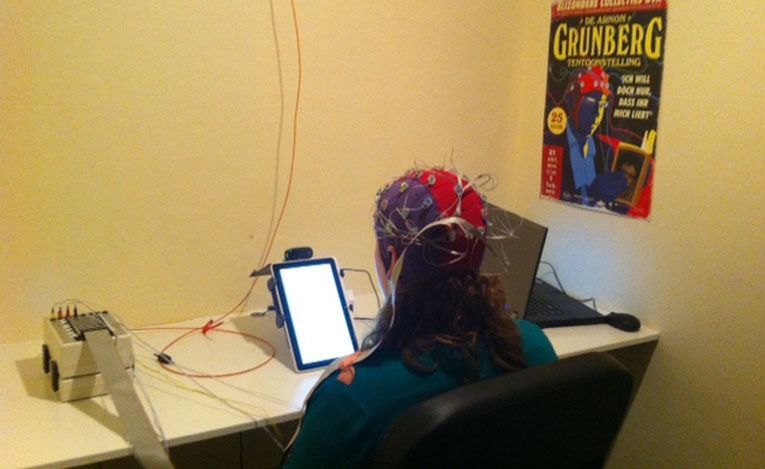
Currently, this second phase is in full swing. In the GrunbergLab in Amsterdam, I read the first chapters of ‘Het bestand’ – Arnon Grunberg’s upcoming release. Hundreds of readers already participated and got the chance to read the book way before any other fans.
The measurements
Two researchers hooked me up: sensors on my left hand, rib, chest, and of course the famous head cap to measure my brain activity – I’ve got to get me one of these for our annual Halloween party... A small webcam captured my facial expressions during reading. I must admit that I cannot recall if I had any. I hope to see at least my own results after the researchers analyzed the videos.
Reading
After filling out a short questionnaire, I started reading. I was quite curious because I’ve never read an Arnon Grunberg novelle before and heard from colleagues that his writing could be quite provocative. I could tell that the writing was carefully formulated to evoke strong emotions in the reader. You will have to make up your own mind when the book is released!
At the beginning of the test, I couldn’t relax at first because I was aware of all the measurements. Luckily, the story soon captured my attention and I partly forgot that there were measurements going on.
Stay tuned
In a possible third phase, the reactions of thousands of readers can be measured, for example by using a special app for reading it in the form of an e-book.
RESOURCES: Read more about FaceReader
Find out how FaceReader is used in a wide range of studies and how it can elevate your research!
- Free white papers
- Customer success stories
- Featured blog posts
The photograph of Arnon Grunberg is taken by © Keke Keukelaar 2010.
Related Posts
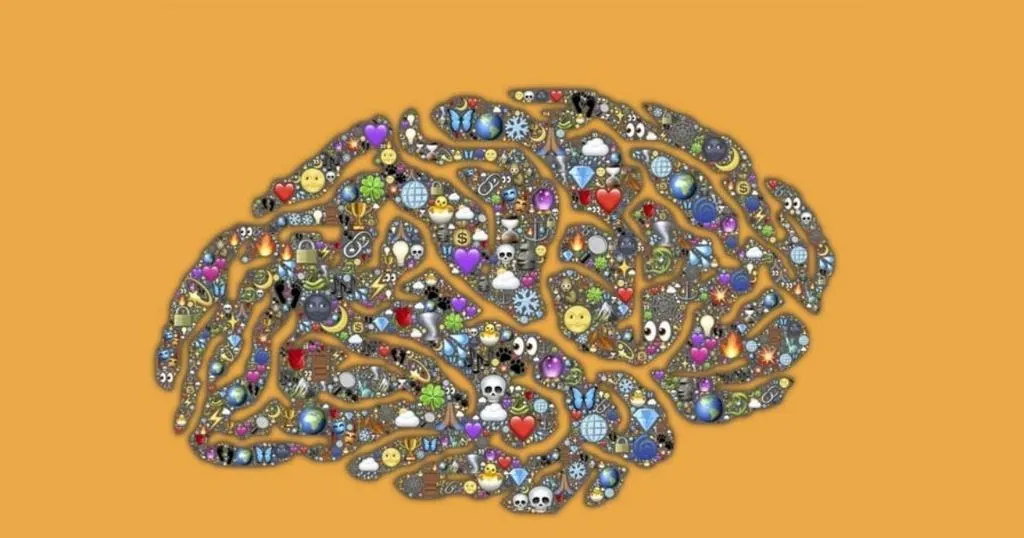
Measuring the creative process
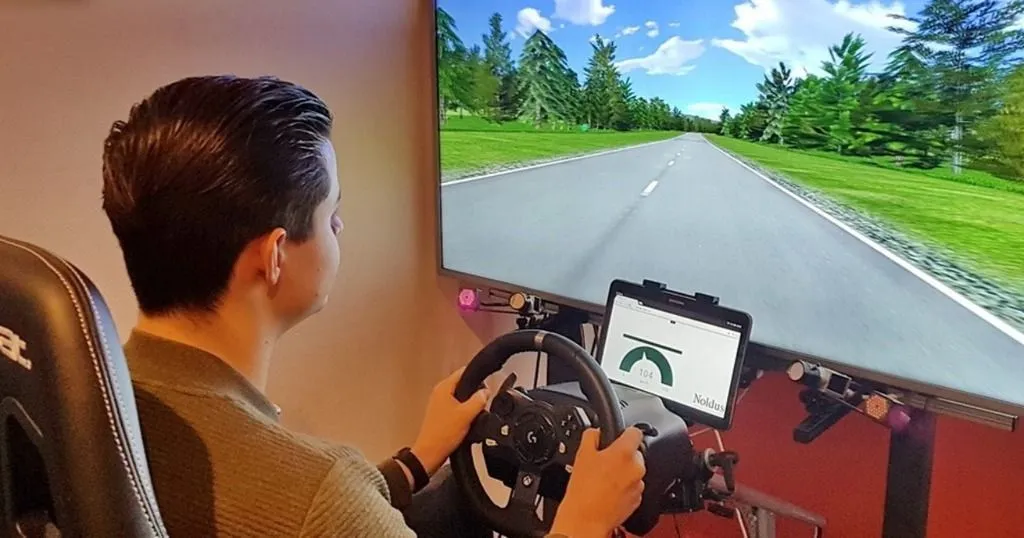
Hemineglect - and how to study recovery from it
